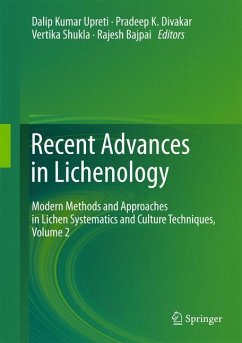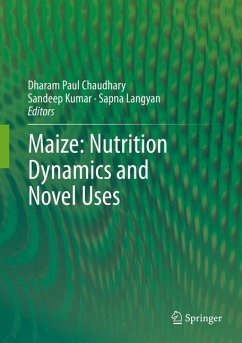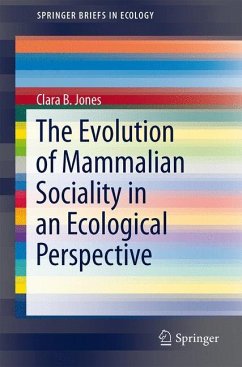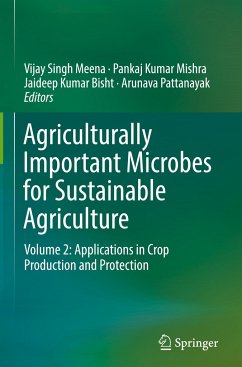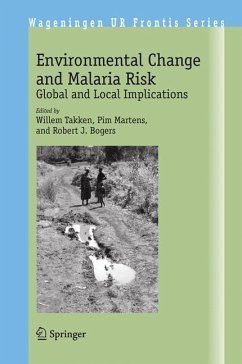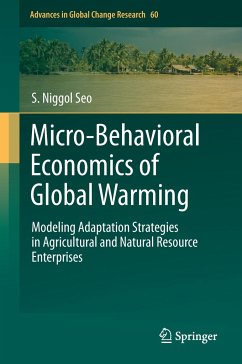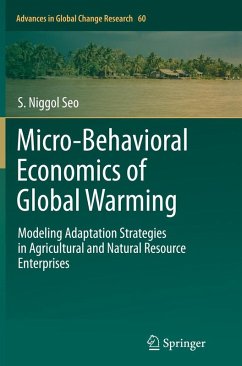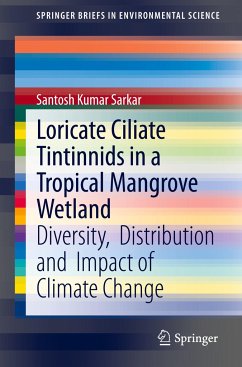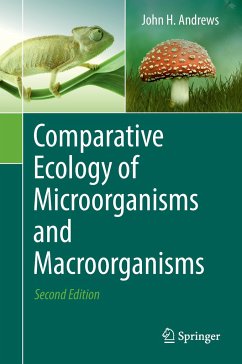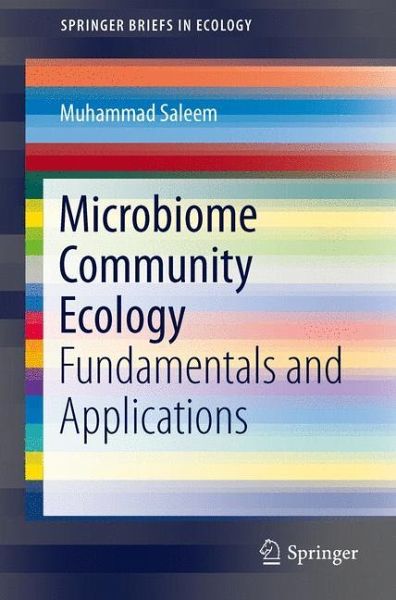
Microbiome Community Ecology
Fundamentals and Applications

PAYBACK Punkte
21 °P sammeln!
This book reviews the mechanisms, patterns, and processes that regulate prokaryotic diversity through different habitats in the context of evolutionary and ecological hypotheses, principles, and theories. Despite the tremendous role of prokaryotic diversity in the function of the global ecosystem, it remains understudied in comparison to the rest of biological diversity. In this book, the authors argue that understanding the mechanisms of species coexistence, functioning relationships (e.g. nutrient cycling and host fitness), and trophic and non-trophic interactions are helpful in addressing t...
This book reviews the mechanisms, patterns, and processes that regulate prokaryotic diversity through different habitats in the context of evolutionary and ecological hypotheses, principles, and theories. Despite the tremendous role of prokaryotic diversity in the function of the global ecosystem, it remains understudied in comparison to the rest of biological diversity. In this book, the authors argue that understanding the mechanisms of species coexistence, functioning relationships (e.g. nutrient cycling and host fitness), and trophic and non-trophic interactions are helpful in addressing the future challenges in basic and applied research in microbial ecology. The authors also examine the ecological and evolutionary responses of prokaryotes to global change and biodiversity loss. Ecological Diversity of the Microbiome in the Context of Ecology Theory and Climate Change aims to bring prokaryotes into the focus of ecological and evolutionary research, especially in the context of global change.




